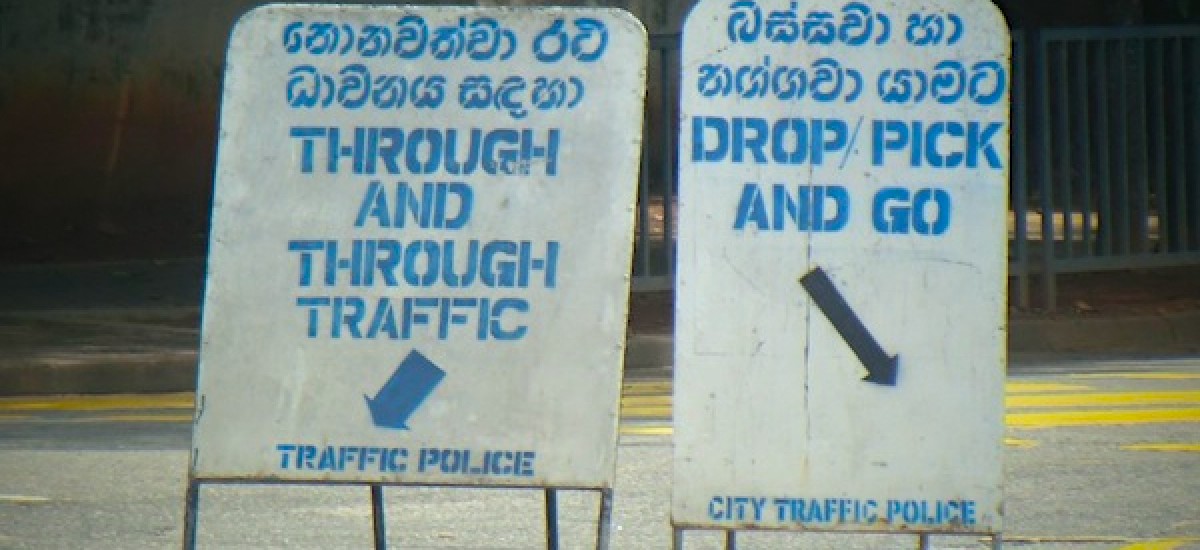The verb cope up is one which divides opinion: is it acceptable Sri Lankan English, or simply an error? It is certainly commonly used in SLE (“He’s finding it hard to cope up”), but it is also true to say that it is a signal that the speaker is not necessarily adhering to recognised international standards. In standard usage, cope is used without the particle up: “He’s finding it hard to cope”, “How is she coping with the pressure?”
- Improvement in the healthcare system helped it cope up with the very large number of war casualties from 2006-09. (Groundviews 16/08/08 – comment dated 16/01/10)
The same applies to the verb bear up: “She couldn’t bear up the pain”. In this case, however, the verb bear up is used intransitively in standard English (“How are you bearing up?”), but not transitively (i.e. with a direct object), where the up is dropped: “She couldn’t bear the pain”, “I can’t bear it any more”.
- When you lose a battle you have to bear up the consequences. (Groundviews 27/12/10)
Other verbs where an extra up tends to be added in SLE include head up (“She’s heading up the whole department”), and take up – both in the sense of sitting for an exam (“He’s taking up his O/L exam this month”), and in the sense of handling a difficult situation (“She took it up very well”).
- … critiques confirmed by the study headed up by Jonathan Goodhand of SOAS. (Groundviews 25/04/10)
A variation on take up is the expression to be taken up with something, meaning to be impressed by something: “I am highly taken up with his work”. But in standard British usage the equivalent is to be taken with something, meaning to find something attractive or interesting (“We were rather taken with the sculpture”), while to be taken up with something means to spend a lot of time and energy on it (“She’s very taken up with her voluntary work”).
- I was so taken up with the play that I sought a meeting with the playwright. (Groundviews 06/03/12)
In other cases the opposite happens and the up tends to be dropped in SLE: for example the verbs pick: “Can you come and pick me (up) from the airport?”; butter: “You’ll have to butter (up) the boss!”; and gear: “Government gears (up) for next round of talks”. In each case, the up in brackets is included in standard English, but tends to be omitted in SLE.
- It proves the inability of the main opposition to act politically in gearing for the future. (Groundviews 30/01/10)
Other verbs where a particle tends to be dropped in the same way include throw: “Please don’t throw (away) my letter”; put (a light/fan, or clothes/shoes, etc.): “Can you put (on) the light?”; clamp: “An 18-hour curfew has been clamped (down)”; and usher: “hoping to usher (in) an era of peace and prosperity”. Again, the word in brackets is included in standard English, but tends to be omitted in SLE.
The outcome of the Presidential election will be crucial and can usher a new era to the nation only with the participation of the Tamil community. (Groundviews 05/01/10)
###
A-Z of Sri Lankan English is“an all-new, occasional alphabetical dip“into the variety of English spoken in Sri Lanka, published exclusively on“Groundviews. The original A-Z of Sri Lankan English was published in the travelsrilanka magazine, and can be found here.



